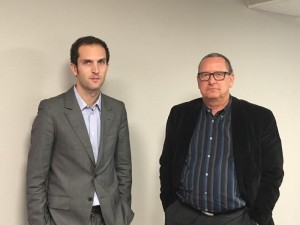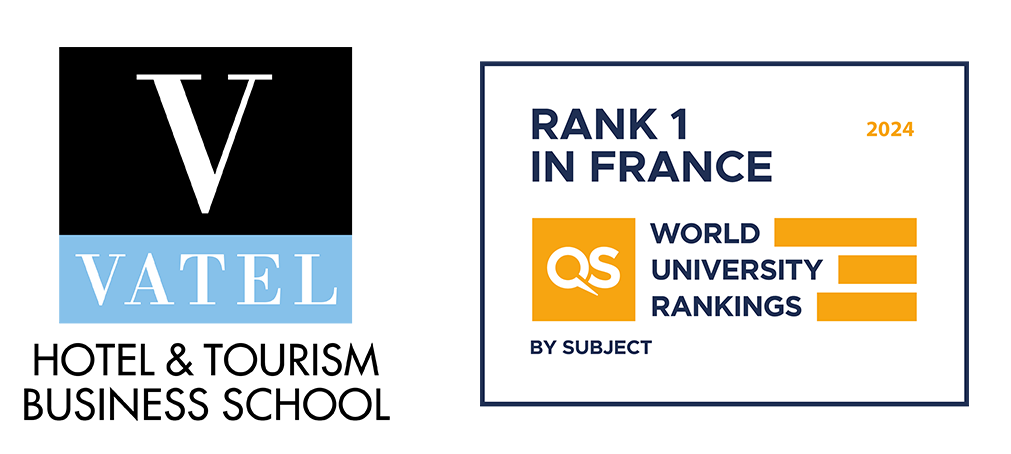What’s on?
The background to the Business Game
- 2016-02-06
- Posted by: Ludovic Glorieux
- Category: News from Vatel Bordeaux Non classé Vatel news
From 7 to 11 December, five Vatel colleges competed against each other in the Business Game for the fifth consecutive year. In all, sixteen teams took part in the week-long competition. The game’s administrators, in Bordeaux, gave us their impressions of the event.

Photo: Jean-Etienne PALARD and David GRIPPER
What do you think of the Business Game organised for the colleges in the Vatel Group?
It’s not actually a “game” as such; it’s more of a simulation, involving the analysis of data and figures. It’s sort of competition between colleges, designed to streng then the team spirit. In it, students assess the importance of accounting and finance for successful corporate management.
What’s your role in the week-long business game?
We have to remain impartial. We have a teaching role when, to prevent mistakes, we have to explain a problem to competitors without actually giving them the solution. During various stages of the game, we may have to act as bankers or insurance companies. For example, teams might come and ask us for loans or extraordinary income (that’s more unusual) if they have made a management mistake. Throughout the week, we reassure them, validating their decisions and drawing their attention to certain aspects that they should be taking into account as they develop theirs strategies. In each of colleges in the competition, coaches (lecturers, instructors or directors) are also there to help them analyse their strategies.
How do you analyse their strategies? What criteria do you use?
It’s very difficult for us to rank teams on the basis of their strategies. The teams are required to manage three companies within a single group – a holding, a 4-star hotel in the Paris area and a 5-star resort. The hardest thing for the teams is to work on all three entities at the same time without leaving any of them to one side. The choice of location and the services offered in the future entities are important; they have to be taken into account. During the competition, the teams have to create an organisational chart for their business as quickly as possible then calculate costs so that they can price their products correctly and forecast their turnover, profit and cash flow to reflect, as accurately as possible, what they would be in the real world. At the end of the week’s competition, a software programme picks the team that has developed the best strategy.
What is your impression of this year’s teams?
There has been a rise in the level of the competition this year. However, we’ve noticed a number of problems that crop up regularly, often with regard to cash flow. In the main, it is the speed at which the teams understand the practical case study that makes the difference. If a team takes longer to understand what is required, it can be difficult to make up the time. The ones who organise their corporate structure quickly leave themselves more time to concentrate on calculating costs and profitability.
The students take this opportunity very seriously. They see the simulation as an opportunity to exercise their management skills without the risks that a similar project would incur out in the real world.
